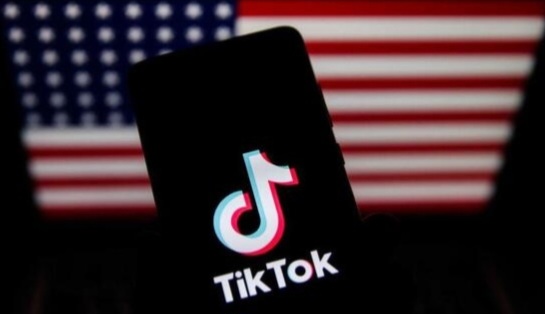Political commentators have suggested that the ongoing TikTok controversy could be a “scam” aimed at improving President-elect Donald Trump’s image, particularly after he pledged to save the app.
TikTok went offline in the U.S. on Saturday night, posting a message stating, “Sorry, TikTok isn’t available right now,” but expressing optimism that Trump would work to reinstate the app once he took office. The Biden administration quickly dismissed the statement as a “stunt.”
On Sunday, Trump announced that he would sign an executive order on Inauguration Day, giving TikTok’s parent company ByteDance more time to find a buyer. By Sunday afternoon, TikTok declared it was in the process of restoring service and thanked Trump for his support.
Critics have pointed out the irony of Trump, who had pushed to ban TikTok in 2020 over national security concerns, now positioning himself as the app’s savior.
Skeptics suggest that Trump is capitalizing on TikTok’s popularity, which helped boost his campaign, to gain a political victory. “In a few days, we will be hearing from Trump about how he ‘saved TikTok,'” said Ron Filipowski, a defense attorney and editor for the left-leaning MeidasTouch news outlet.
Journalist Aaron Rupar added that Trump’s changing stance on TikTok reflects his shifting relationship with big tech companies, which now work in his favor.
Others, like Heath Mayo, criticized Trump for potentially compromising U.S. national security to promote his own interests, calling it “selling out US national security to promote himself as some savior.”
Senator Chris Murphy expressed concern about the growing influence of tech companies under Trump’s control, especially as platforms like Twitter and Facebook make adjustments to align with his agenda.
Trump had previously attempted to ban TikTok in 2020 over national security fears but was blocked by a federal judge. However, he has since shifted his position, even inviting TikTok’s CEO to his inauguration. Trump’s incoming national security adviser, Mike Waltz, defended the president-elect’s approach, suggesting that TikTok could remain under Chinese ownership with safeguards in place to protect U.S. data.














